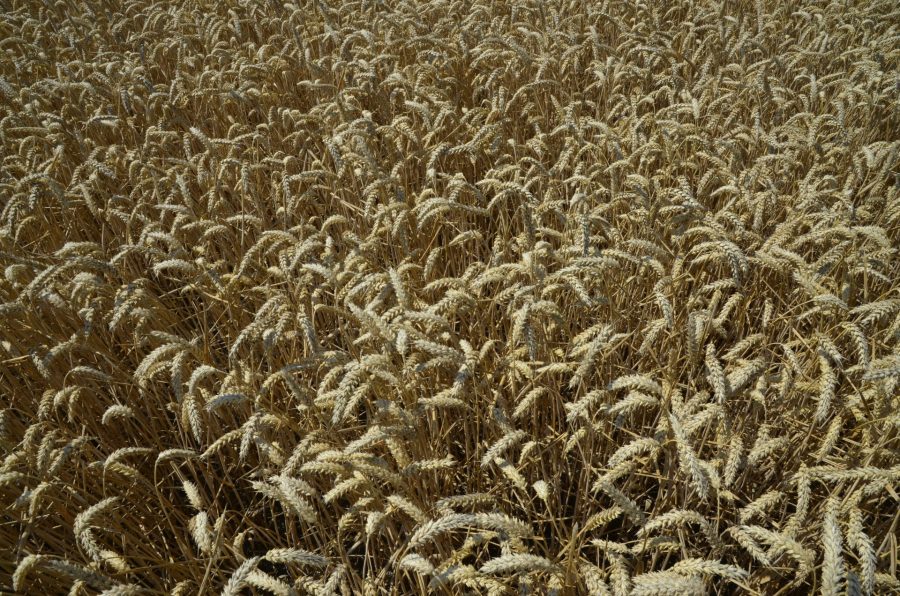New technologies are set to help UK farmers cut down on pollution, minimise waste and produce more food thanks to a £22 million government investment.
The first 31 projects to benefit from a share of £22.4 million (industry partners contributing a further £8.8 million) include Rootwave, in Warwickshire, who will use a £690,000 grant to use electricity instead of chemicals to kill weeds via the roots.
Tuberscan, in Lincolnshire, will use £391,000 to develop ground penetrating radar, underground scans and AI to monitor potato crops and identify when they are ready to harvest. This technology could increase the usable crop by an estimated 5% to 10%.
Other examples include a project in Middlesex, which will use a £233,000 grant to help cows graze without farmer supervision by placing sensors on farm gates that communicate with GPS trackers on cows to open and close gates allowing cattle to graze freely.
aiScope, a project based in Sheffield, who will use a £1 million grant to apply AI and analysis to tackle the common cereal weed, Blackgrass, potentially saving farmers £580 million a year.
Other projects include robotic raspberry and blueberry harvesters, a totally autonomous farm, next generation of vision-guided hoeing systems and an autonomous robotic weeder.
“The UK is a global leader in technological innovation, as well as being the first major economy to introduce plans for a legally binding target to reach net zero emissions and end the UK’s contribution to global warming entirely by 2050,” said science minister Chris Skidmore.
Farming minister Robert Goodwill said that Agri-tech can help us address the biggest challenges facing the agriculture industry, such as eradicating crop pests and diseases for arable farmers without harming the wider environment. “In 2018 we saw the total value of agri-tech investment worldwide skyrocket to US$17 billion – an increase of 40% on the previous year.”
Farm machinery manufacturers have reacted favourably to the new initiative. Agricultural business development manager Rob Edwards of Kubota UK describes it as positive.
“There is no denying that technology is the future and failing to adopt new processes aided by technology, only means that the farming sector will be left behind, impacting on productivity levels and ultimately their profitability,” he said.

Agricultural business development manager Rob Edwards of Kubota UK.
Mr Edwards suggests that for the government’s investment to have the biggest impact and for technology to be used more widely across the industry, it will be important to communicate to farmers the evidence of the long-term positive effects of technology on farm performance.
“One way of doing this will be to enhance the industry’s capabilities and skills when it comes to using technology. This is likely to enhance their trust in it, and in turn, they are therefore more likely to adopt it.”






